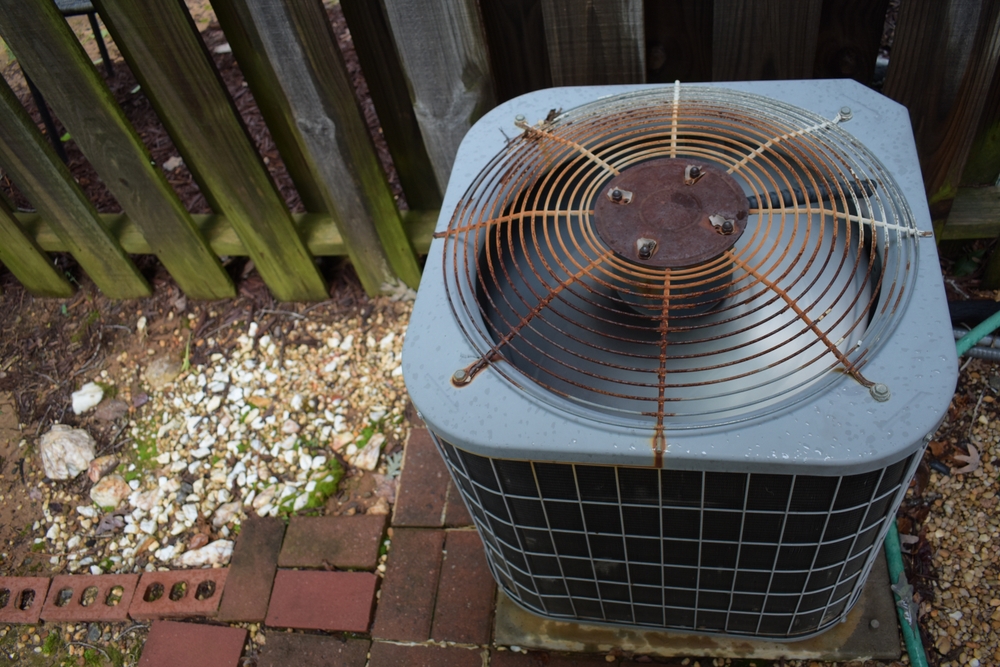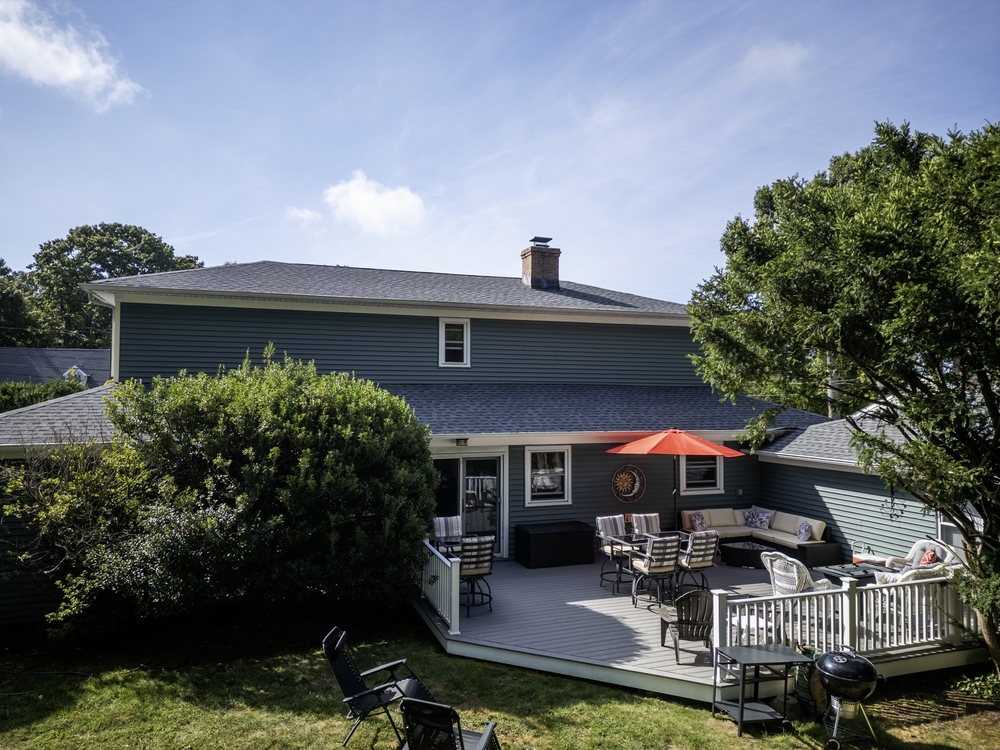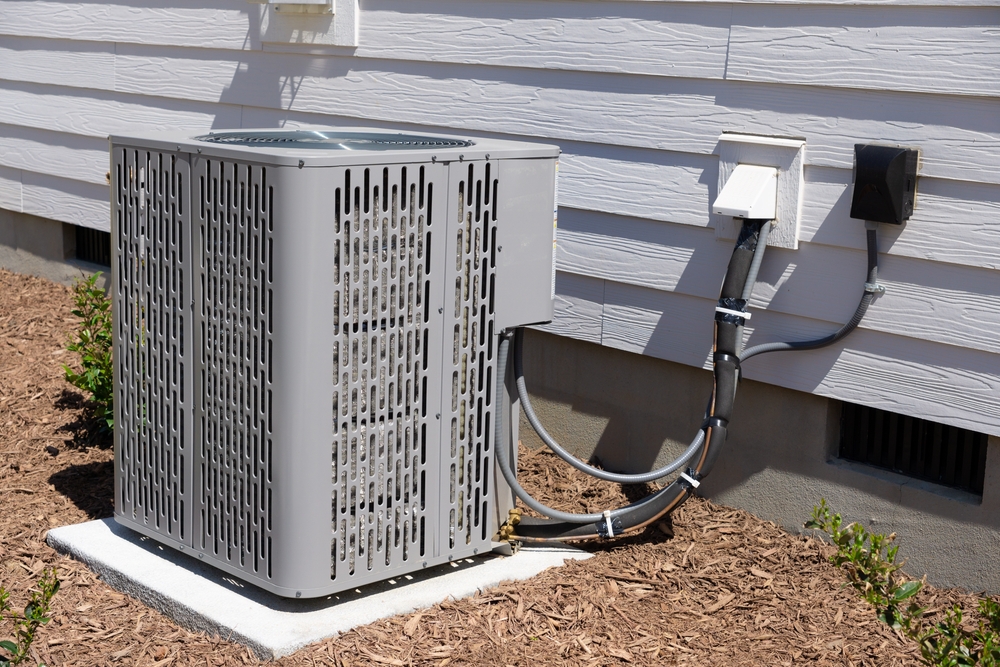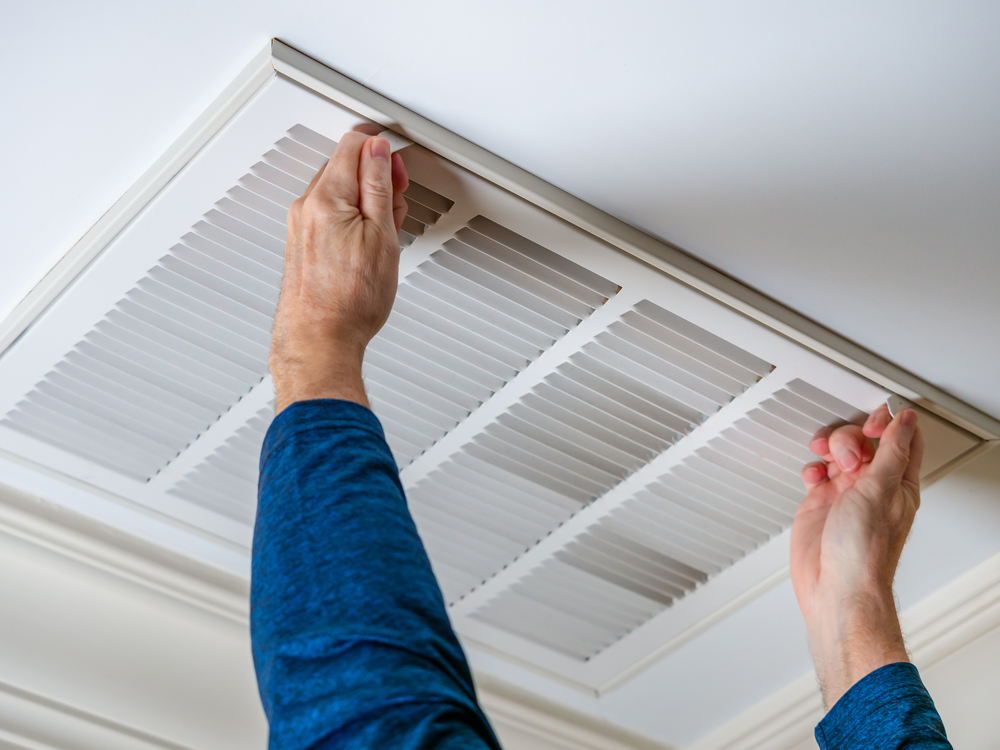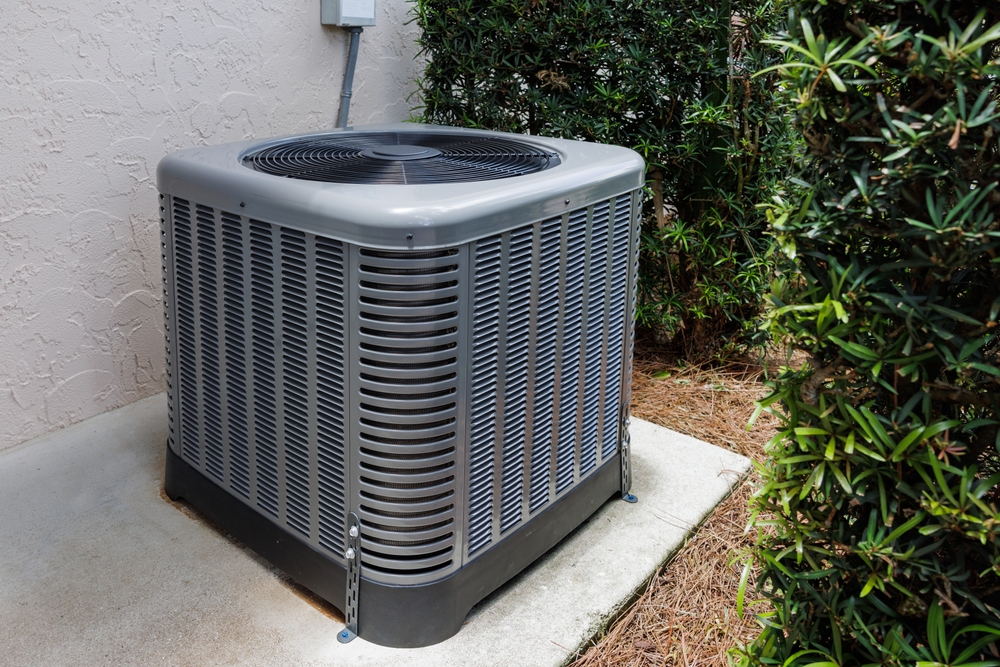Does Homeowners Insurance Cover HVAC? What You Need to Know
Your home’s HVAC system works hard to keep your house comfortable, through winter and summer. But what happens when your HVAC unit breaks down? Does homeowners insurance cover HVAC repairs or replacement? The answer isn’t a simple yes or no. If you do need a HVAC company in Lansdale or surrounding area you can reach out to Wolfpack Home Services.
Coverage depends on the cause of the damage and your specific homeowners insurance policy. Let’s explore HVAC coverage in homeowners insurance.
Understanding HVAC Coverage in Homeowners Insurance
Standard homeowners insurance policies usually offer some protection for HVAC systems. However, it’s not comprehensive coverage for every situation. It’s vital to know what your policy covers and what it excludes.
When Does Homeowners Insurance Cover HVAC?
Your homeowners insurance policy might cover HVAC damage in the following situations:
- Fire or lightning strikes.
- Falling objects.
- Vandalism.
- Sudden and accidental damage from electrical currents.
For example, if a tree falls on your home and damages your outdoor AC unit, your insurance would likely cover it. Similarly, if a power surge damages your HVAC system’s electrical components, you might be covered. This type of damage is typically covered as a covered peril.
What’s Not Covered?
Homeowners insurance usually doesn’t cover the following:
- Normal wear and tear.
- Lack of maintenance.
- Manufacturer defects.
If your air conditioner breaks down because it’s old, you’re likely responsible for the HVAC repair. If it has not been serviced, it is not likely to be covered.
Types of Coverage for HVAC Systems
Your homeowners insurance policy may provide HVAC coverage through several types of protection:
Dwelling Coverage
This part of your policy covers your home’s structure, including built-in systems like central air conditioning and heating. If a covered peril damages your HVAC systems, dwelling coverage could help pay for repairs.
Personal Property Coverage
Some HVAC components might be covered by personal property coverage. For example, window AC units are generally considered personal belongings and are not part of the structure of your home.
Equipment Breakdown Coverage
This is optional coverage that some insurance companies offer. Equipment breakdown coverage can cover mechanical or electrical failures not caused by normal wear. If you’re concerned about unexpected breakdowns, consider this add-on, often called breakdown coverage.
| Coverage Type | What It Covers | Example |
|---|---|---|
| Dwelling Coverage | Built-in HVAC systems | Central AC damaged by a fire |
| Personal Property Coverage | Portable HVAC units | Window AC unit damaged by vandalism |
| Equipment Breakdown Coverage | Mechanical/electrical failures | HVAC motor failure not due to wear and tear |
The Cost of HVAC Replacement: Why Coverage Matters
HVAC systems are a significant investment. According to estimates, replacing an outside AC unit can cost between $4,350 and $12,000, including permit fees and labor. Understanding your insurance coverage is essential due to this substantial investment.
Filing an HVAC Claim: What You Need to Know
If you must file an insurance claim for HVAC damage, here’s a step-by-step process:
- Document the damage with photos and videos.
- Get the model and serial number of your HVAC unit.
- Contact your insurance company promptly.
- Provide any maintenance records.
- Get repair estimates from licensed professionals.
Your insurance company might send an adjuster to assess the damage. Answer all questions and give any needed documents.
Preventative Measures: Protecting Your HVAC Investment
Preventing issues is better than understanding if homeowners insurance covers HVAC problems. Here are some ways to keep your system running efficiently:
- Schedule regular maintenance checks.
- Change filters regularly.
- Keep outdoor units clear of debris and vegetation. Consider getting a more efficient system, and speak with your insurance agent for a better rate.
Regular maintenance helps avoid coverage denials for neglect. Regular maintenance can also extend your HVAC system’s life.
Alternative Coverage Options for HVAC Systems
For more complete coverage of your HVAC unit, look at these options:
Home Warranty Programs
These often cover HVAC repair and replacements, whatever the cause. But, they have their own costs and limits.
Manufacturer’s Warranty
New HVAC systems often have a warranty. Understand what it covers and its duration.
Service Contracts
Some HVAC companies provide service contracts. These include regular maintenance and may cover specific repairs.
The Future of HVAC Coverage in Homeowners Insurance
Climate change may alter how insurance companies handle HVAC coverage. Some insurers offer incentives for energy-efficient systems. Some give homeowners insurance discounts for updated HVAC units.
FAQs about does homeowners insurance cover hvac
Will insurance pay for a new HVAC system?
Insurance might pay for a new HVAC unit if a covered peril, like fire, damages it. But, it won’t cover replacement due to normal wear or neglect. It will typically cover an hvac replacement cost only in the instance of a covered peril.
Does homeowners insurance cover HVAC ductwork?
Homeowners insurance usually covers ductwork if a covered peril damages it. This might include damage from falling objects or fire. Damage from pests is usually not covered.
What is usually not covered by homeowners insurance?
Homeowners insurance often doesn’t cover damage from wear and tear or lack of upkeep. It usually excludes earth movements and floods. Problems from neglect are generally not covered, including a window AC not properly maintained.
Speak with independent agents about this. Also homeowners insurance policy does not cover things that car insurance, life insurance, or pet insurance might cover. Contact an insurance agent if you’re not sure.
Conclusion
The answer to “does homeowners insurance cover HVAC” isn’t always straightforward. Your insurance policy might protect you in some cases, but it’s not a solution for all HVAC issues. By knowing your coverage, maintaining your system, and thinking about other protection, you can stay comfortable.
Each policy is unique. Review your insurance policies and talk to your provider about your situation. A little planning can help protect your home and finances, consider contacting an independent agent.

